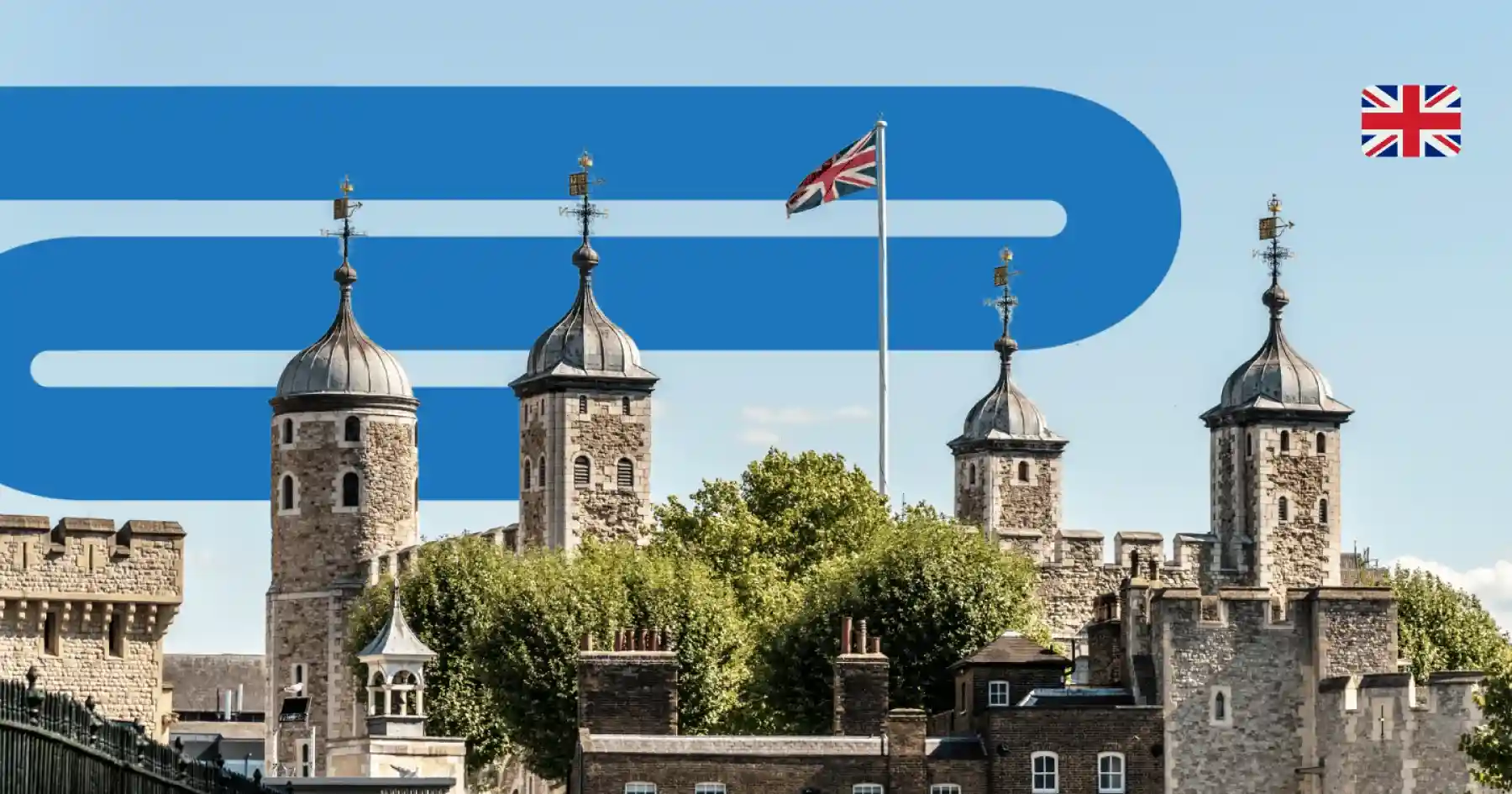- From January 1, 2027, the UK Graduate Visa duration will be reduced from two years to 18 months to focus the route on talent transitioning to long-term work visas rather than temporary employment.
- Employers and HR teams will face a shorter recruitment and conversion window, needing to sponsor international graduates within 12–14 months before the visa expires.
- There will be increased pressure on employers to provide Skilled Worker visa sponsorship quickly, with companies lacking a sponsor licence risking losing top graduates.
- Competition for international graduate talent will intensify, favoring employers who offer clear sponsorship pathways and have established sponsorship processes.
- The change will encourage strategic workforce planning aligned with academic calendars and integrated immigration management.
- Employers should prepare by engaging early with students, securing or applying for sponsor licences in advance, reviewing internal visa transition processes, educating hiring managers, and partnering with immigration platforms like Jobbatical to streamline compliance and sponsorship.
- This policy shift presents a challenge but also an opportunity for HR leaders to refine immigration strategies to better compete in the global talent market
The UK government has announced that from January 1, 2027, the Graduate Visa duration will be reduced from two years to 18 months. This policy shift is part of the UK’s wider immigration reforms aimed at balancing post-study work opportunities with long-term migration targets.
For employers and HR teams who rely on hiring international graduates from UK universities, this change will directly impact recruitment timelines, sponsorship strategies, and workforce planning.
What Is Changing and Why
Under the current system, international graduates can remain in the UK for two years after completing their degree to work or look for employment without sponsorship. From January 2027, this post-study work period will be cut to 18 months for most applicants.
The government’s rationale is to ensure the route focuses on attracting talent that transitions to long-term work under Skilled Worker or other sponsored visa categories, rather than those using it for temporary work.
Key Implications for Employers and HR Teams
1. Shorter recruitment and conversion window.
The reduced visa length means HR teams will have only 12–14 months to identify, assess, and sponsor international graduates before their Graduate Visa expires. Early engagement at the internship or placement stage will become essential.
2. Increased pressure to provide sponsorship.
Employers who wish to retain top international graduates will need to fast-track sponsorship under the Skilled Worker visa sooner than before. Companies without a sponsor licence may face talent loss if they delay licence applications.
3. Competitiveness in graduate recruitment.
The shortened window may intensify competition for international talent among employers with established sponsorship processes. HR teams that can offer a clear pathway to sponsorship are likely to attract stronger candidates.
4. Strategic alignment with workforce planning.
This change may encourage employers to align hiring cycles more closely with academic calendars and integrate immigration management into long-term workforce planning.
How Employers Can Prepare
- Start early: Engage with graduating students before final exams and clarify potential sponsorship opportunities.
- Secure a sponsor licence: Ensure your organisation holds (or applies for) a Skilled Worker sponsor licence well in advance.
- Review internal processes: Coordinate between HR, recruitment, and legal teams to accelerate visa transitions before expiration.
- Educate hiring managers: Provide up-to-date guidance on the new Graduate Visa timelines and sponsorship options.
- Partner strategically: Work with immigration mobility platforms like Jobbatical to streamline compliance, sponsorship, and onboarding processes.
Conclusion
The UK Graduate Visa change signals the government’s intent to make post-study stay options more targeted while maintaining access to global talent for employers. For HR leaders, this presents both a challenge and an opportunity—those who refine their immigration strategies early will have a clear advantage in the competitive international talent market.
Jobbatical’s tech-enabled immigration platform can help your company simplify visa transitions, manage sponsorship applications, and ensure compliance when hiring international graduates in the UK.


.svg)









.svg)
